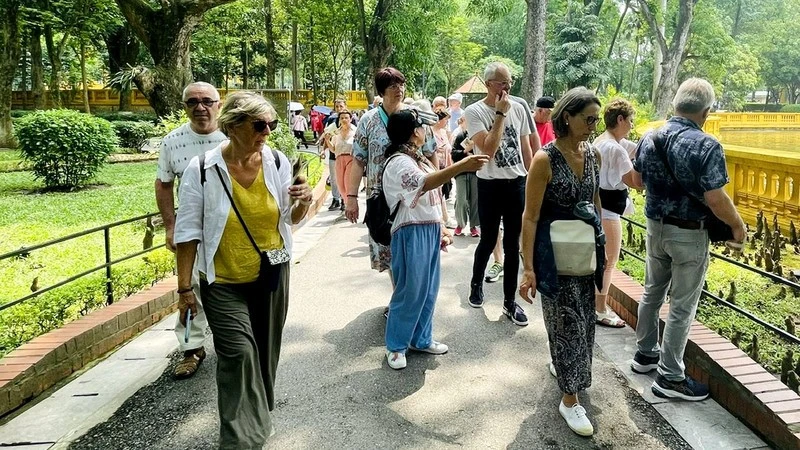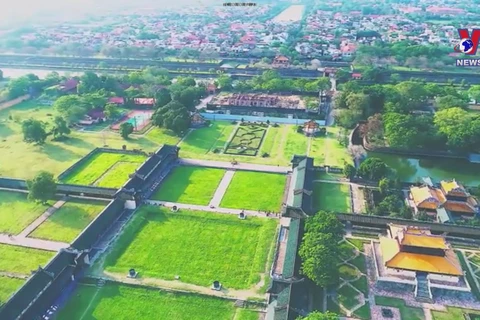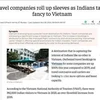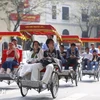
Hanoi (VNA) – Vietnam boasts great advantages to become a “heaven” for global retirees - a potential customer market expected to bring about a breakthrough for the country's tourism industry.
Blessed with beautiful natural landscapes, rich and diverse cuisine, and a time-honoured and unique culture, Vietnam is described as an ideal destination for retired tourists.
Based on database analysis from numbeo.com on the cost of living index in cities and countries around the world, recently the famous American travel magazine Travel + Leisure announced a list of eight livable countries with affordable costs for retired travelers, which includes Vietnam.
Data shows that the total cost of living in Vietnam is about 59.3% lower than that in the US and rents are about 78.5% cheaper depending on location. Notably, in Ho Chi Minh City, home to the largest expat community, the cost of living is about 69.9% lower than that in New York. Housing costs are about 87.4% lower. Previously, the magazine recommended Nha Trang city in the south-central province of Khanh Hoa as one of the eight best beach resorts in the world for retirees.
In February 2023, the two central cities of Hoi An in Quang Nam province and Da Nang of Vietnam were also honoured in the top nine ideal destinations for retirement by the prestigious website Investing. These have further proved that Vietnam is a destination worth visiting for global retirees. Along with increasingly upgraded infrastructure, the emergence of high-quality healthcare services at many large hospitals in provinces and cities, and the increase in medical staff who can communicate well in English are also contributing to proving Vietnam's service capacity for this segment of tourists.
However, despite its great potential, retirement tourism is still an untapped market in Vietnam. To date, the country has yet to provide a specific policy to create a strong attraction for this group. Meanwhile, for many years, some countries in the region have worked to leverage the international retirement market. A typical example is Thailand with its "retirement visa" policy specifically for foreign retirees. Indonesia, Malaysia, and the Philippines have also launched similar visa programmes with many attractive benefits to turn their country into a "second home" for retirees to travel to and live in.
Experts said that Vietnam should speed up in the race to gain market share in retirement tourism, as this is a segment that brings in a lot of profit and creates many related job opportunities.
Experts from the Institute for Tourism Development Research suggested that in addition to the international retiree market, the Vietnamese tourism industry should not ignore the domestic retiree market, because there is still much room for its development.
A survey released by the Vietnam National Authority of Tourism before the COVID-19 pandemic broke out in 2019 showed that the number of elderly visitors accounted for only a very low proportion in the structure of domestic visitors, with visitors aged 55-65 making up 4.53% of the total, and those over 65 at 1.44%. Meanwhile, elderly people in Vietnam (from 60 years old) make up 12.8% of the country's total population.
Experts held that due to special requirements from retirees, it takes more efforts to design tours for them, especially in terms of meals and health care.
Vietfoot Travel Director Pham Duy Nghia said that foreign retirees are increasingly interested in medical tourism in Vietnam, and travel firms should closely coordinate with the healthcare industry to design attractive, unique, and competitive tourism products to draw more retirees to Vietnam./.






















